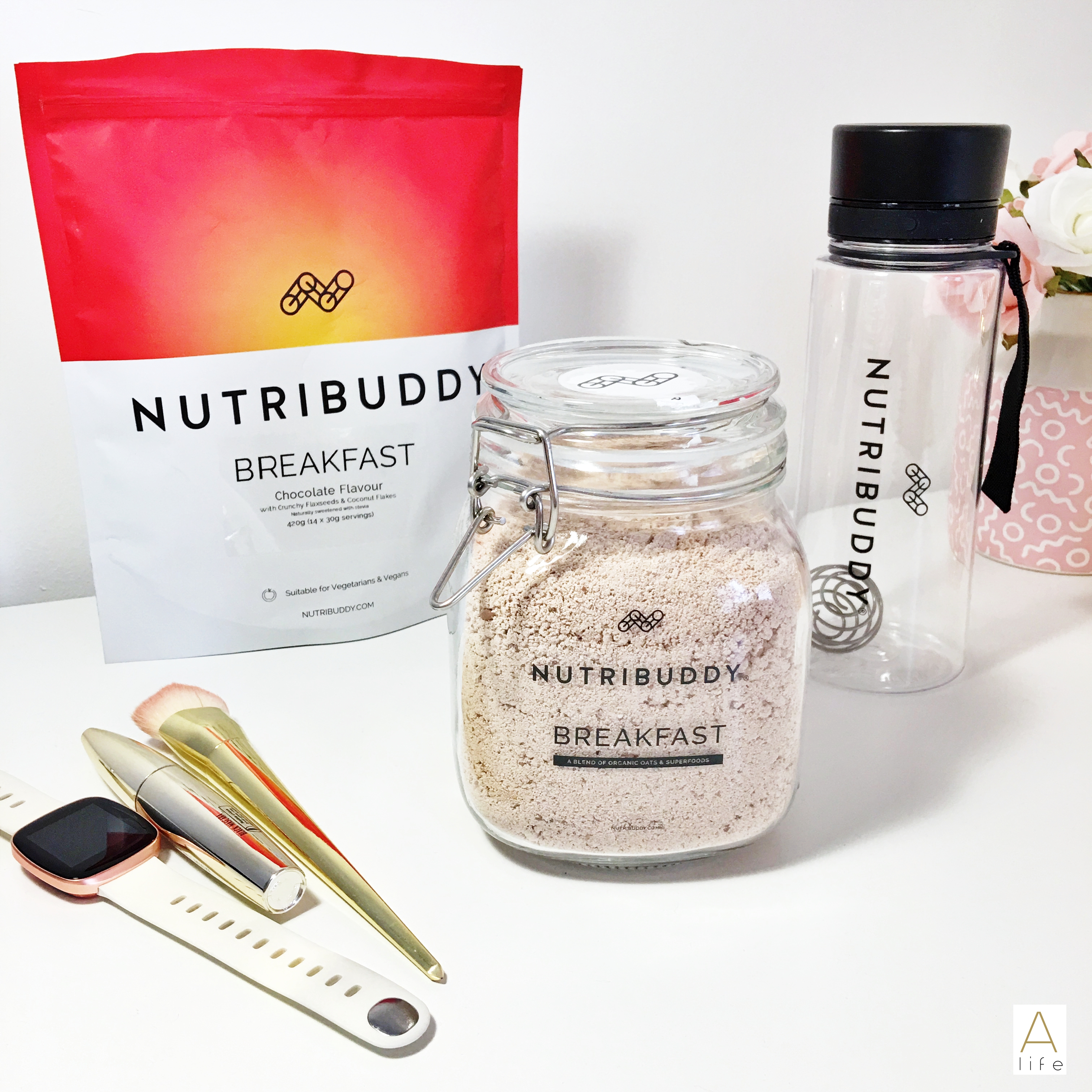Caring for Mother Earth does not need to be an uphill battle; small changes can add up over time to have an effectful effect. Here are five simple yet effective eco-friendly habits that could make a meaningful, impactful difference.
Embrace Plant-Based Meals
One of the best ways to reduce your environmental footprint is to opt for plant-based meals. Meat and dairy production account for significant greenhouse gas emissions, not to mention water usage and land consumption. By switching some of your meat-based meals for plant-based alternatives, not only are you helping your body but the planet as well.
No one expects you to become vegetarian or vegan (unless that is your goal) – even small changes such as Meatless Monday can make a big impactful statement about sustainability and flavour! With everything from delicious veggie burgers to protein-packed lentil curries there is so much variety among plant-based offerings – why not give it a try and discover something delicious you might love?
Conserve Water
Water, essential to life, should not be taken for granted. But fresh water supplies are finite resources that must be protected; just a few small actions can go a long way toward conserving this invaluable commodity. Installing low-flow shower heads or dual flush toilets may significantly cut back on usage while being mindful of how long you run faucets when brushing teeth or washing dishes.
Quickly fixing leaks – even small leaks add up over time! By actively reducing water usage you will save both money from utility bills while contributing towards creating a more sustainable planet!
Recycle and Compost
Recycling has long been seen as the cornerstone of eco-friendly habits! Indeed, recycling helps significantly decrease landfill and combustion facility waste. Focus on sorting paper, glass, and plastic recyclables separately before disposing them as trash. However, recycling involves more than just throwing things in the right bins – you must ensure you rinse your recyclables to prevent contamination, and get informed on local recycling policies. Let’s also discuss compost! Organic waste in landfills creates methane gas which is a potent greenhouse gas.
Composting is a natural process that transforms kitchen scraps into rich soil supplements, decreasing chemical fertiliser needs. Composting can be thought of as giving back to Mother Earth! Be amazed at all of the things you can compost – everything from vegetable peels and coffee grounds to shredded newspaper! Start a compost pile in your backyard or find a vermicompost service in your area to take advantage of vermicomposting or pick up services nearby for recycling and composting – it’s a win-win for both yourself and the planet!
Quit Smoking or Choose Eco-Friendly Alternatives
Smoking cigarettes is harmful both to you and the environment. Their production and consumption contribute significantly to air, water, and land pollution. However, if quitting outright seems frustrating, there are eco-friendly alternatives you could explore. E-cigarettes produce less waste as they’re refillable. Organic tobacco offers another viable solution, as it is grown without the use of harmful pesticides and fertilisers.
You might also explore natural herbs like sage and mint that are often included in herbal cigarettes. Nicotine pouches are another viable eco-friendly smoking alternatives that does not contain tobacco and emits fewer chemicals into the environment. Though it’s best to quit altogether, choosing an eco-friendly alternative can contribute to a healthier life for both you and the planet.
Be a Green Shopper
Every day we need to buy things, whether food, clothes or other essentials; but have you considered the environmental impacts of your shopping habits? Start shopping more sustainably by selecting products with minimal packaging, choosing reusable shopping bags, and purchasing in bulk to reduce waste. Consider supporting businesses that sell organic or sustainably-produced products as these can have significantly lower carbon footprints than mass-produced goods.
Don’t overlook second-hand shopping as another means of saving money and protecting the planet, by prolonging items’ useful lives instead of sending them off to landfill. Each purchase you make is an act of voting with your wallet for what kind of world we should inhabit – why not vote green instead?
Conclusion
Eco-friendly habits don’t need to involve drastic lifestyle overhauls; rather, small everyday decisions can have the biggest impact. Let’s start making those choices today, as there’s no Planet B!


